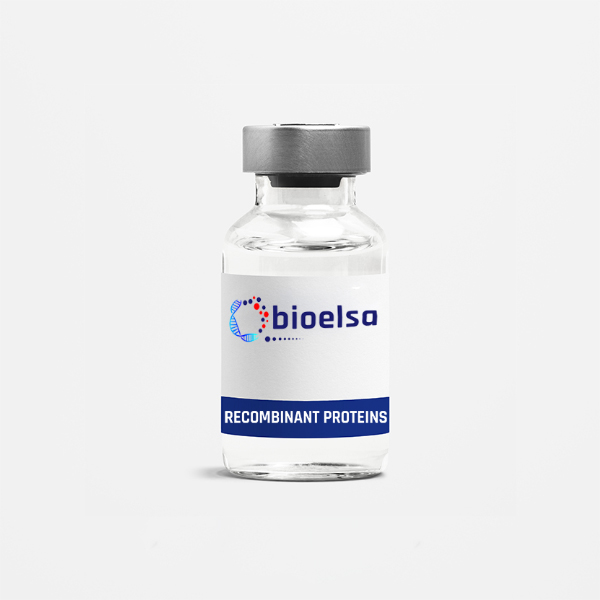| Gene ID |
3441 |
| Accession | N/A |
| Alternative Name | Interferon alpha-4B, Interferon alpha-76, Interferon alpha-M1 |
| Species | Human |
| Source | E. coli |
| Description | All known subtypes of IFN- alpha show the same antiviral antiparasitic, antiproliferative activities. IFN-alpha forms are produced by monocytes/macrophages, lymphoblastoid cells, fibroblasts, and a number of different cell types following induction by viruses, nucleic acids, glucocorticoid hormones, and low-molecular weight substances. All IFN-alpha subtypes possess a common conserved sequence region between amino acid positions 115-151 while the amino-terminal ends are variable. Many IFN-alpha subtypes differ in their sequences at only one or two positions. IFN-alpha and IFN-beta are thought to bind to the same receptor. Signal transduction mechanisms elicited after binding of IFN-alpha to its receptors involves tyrosine phosphorylation (see also: PTK; protein tyrosine kinase) of various non-receptor tyrosine kinases belonging to the Janus kinases. |
| Accession | N/A |
| Functions | The ED(50) was determined by the dose-dependent proliferation of KMS15 cells and was found to be <0.05ng/mL. |
| Formulation | N/A |
| Solubility | N/A |
| Appearance | Lyophilized Powder |
| Molecular Weight | 19.6 |
| Purity | >95% as determined by SDS-PAGE |
| Concentration | <1.0 EU/μg of recombinant protein as determined by the LAL method |
| Shipping Condition | Ambient Temperature |
| Storage Condition | The lyophilized protein is stable for at least one year from date of receipt at -70?C. Upon reconstitution, this cytokine can be stored in working aliquots at 2? - 8?C for one month, or at -20?C for six months, with a carrier protein without detectable loss of activity.
Avoid repeated freeze/thaw cycles. |
